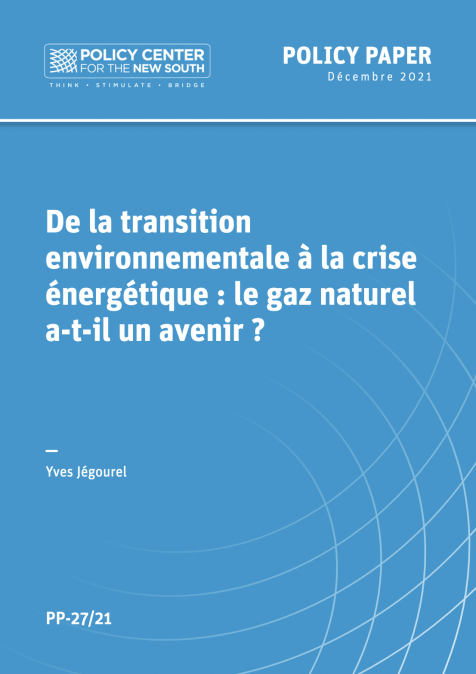Chair
- Donald Kaberuka, Former President, African Development Bank (AfDB)
Presenter
- Hamza Saoudi, Senior Economist, Policy Center for the New South (PCNS)
Discussants
- Ted Ahlers, Director, Africa and the Middle East, Centennial Group
- Mohamed Beavogui, Former Prime Minister of Guinea
- Mavis Owusu-Gyamfi, Executive Vice President, African Center for Economic Transformation (ACET)
- Jean-Louis Sarbib, Director, Africa and the Middle East, Centennial Group
- Karin Wedig, Chief Economist, Economic Transformation, GIZ – German Development Agency







